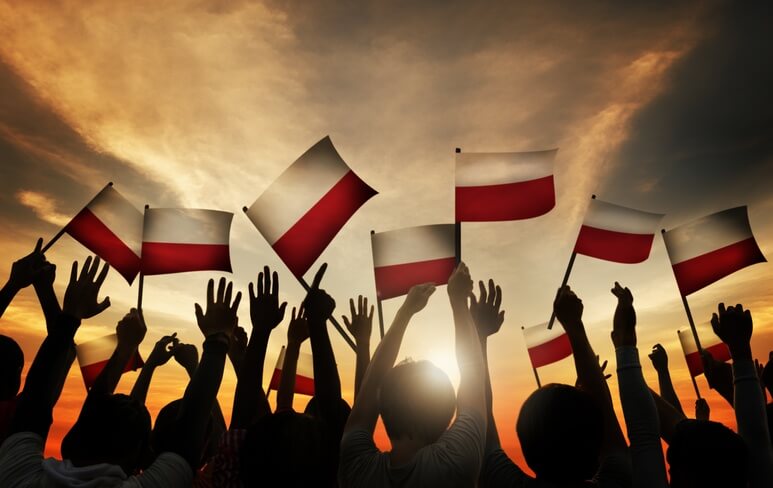Do you remember the time around the year 2000? The Polish market was fully opening to retail, real estate and consumer goods among others. A future economic tiger was emerging with the promise to become the sixth most important European market. International investors followed “en masse” with the expectation to build their strongest Central European presence.
Almost twenty down the road where does actually Poland stand? But most importantly where does it go?
A massive political change has occurred with liberalism being ousted from the table in favor of populism and nationalism.
The latest shock came during the most recent elections with current Polish president Jaroslaw Kaczynski pledging to raise the minimum wage by no less than 78% over the next four years. The wage hikes, he said in an election rally in Gdansk, will effectively end the “post-colonial concept of Poland as a source of cheap labor”.
In response most economic observers pointed that such plans will most probably trigger a sharp rise in costs from 2020 as higher wage levels kick in, and may fuel uncontrolled inflation.
But what’s in for Poland for the years to come if Mr Kaczynski’s ruling party actually implements his program?
In order to get some insight I have turned to Gilles Clavie, the Warsaw based CEO and president of the management board of Orbis, the number one hotel operator in Eastern Europe with some 73 hotels operating under brands such as Sofitel, Pullman, Mercure or Ibis to name a few.
“The overall economic and demographic equation of Poland is very challenging”, Gilles Clavie says. “Unemployment is at the lowest historical level. A demographic curve is on the horizon, announcing a decreasing number of active people for the next eight to ten years, not to mention further political orientations that may affect the retirement age or further limit immigration flows.” Add to that the perspective the government is considering to possibly unlock the ceiling for social charges and Poland may face an explosion in the cost of labor.
Some say that if you combine the increased rotation of employees and the rising cost of labor, you simply may get a perfect storm.
Gilles Clavie acknowledges that this realistic scenario faced by most companies in Poland, and especially in the service sector (where the loyalty of employees goes hand in hand with client satisfaction) obliges them to reconsider their employer model. “We need to intensify our efforts towards developing talent”, he says. “Therefore talent management and culture building (especially when it comes to the Y and Z generations) remain at the core of our strategy in this part of Europe.”
This may be seen as an understatement. Other opinion leaders I spoke to for this blog are less cautious in their choice of words regarding the future of Poland: some even say that with a cost of a labor that might go through the roof, the future economic tiger may simply transform into a big fat cat.
Photo by: Shutterstock

